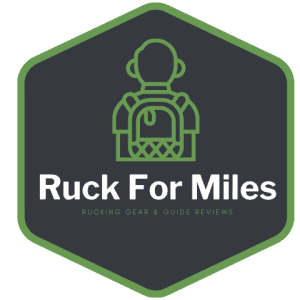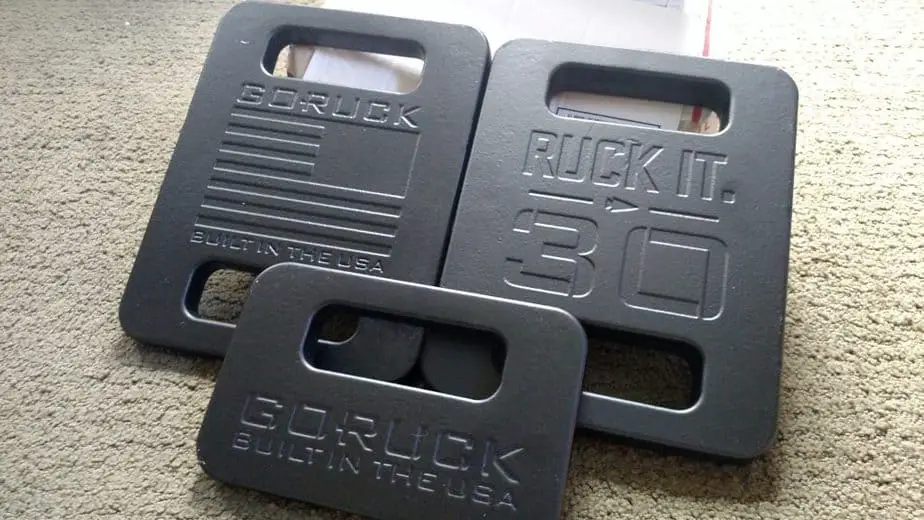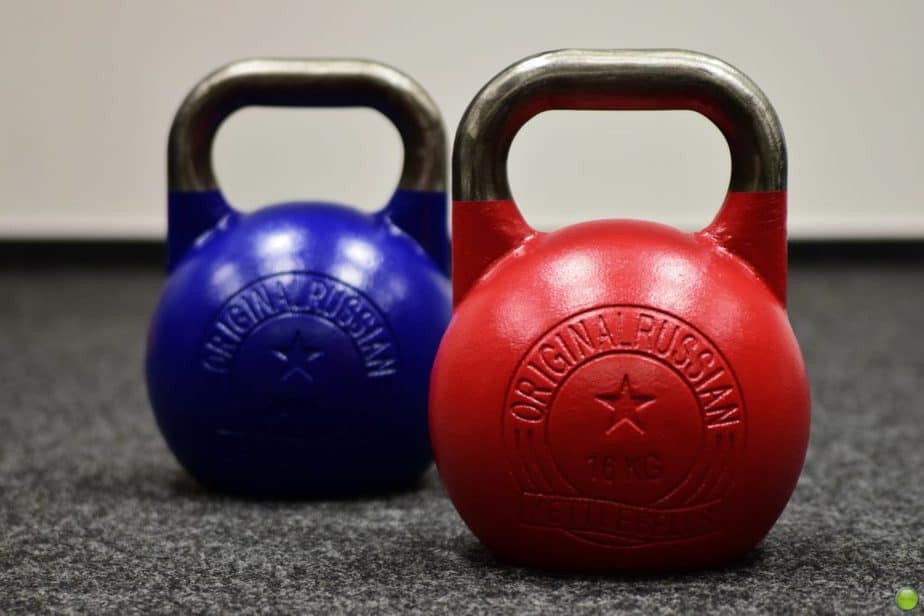
With the rise of popularity in rucking as a sport, it’s uniqueness lies in the fact that it’s so accessible. Anyone can just grab a backpack or rucksack and get going.
There are lots of everyday items you can carry in your rucksack for weight. While ruck weights are recommended, We’ve compiled a list of everyday items you can put in your rucksack for weight:
Top Ideas for What You Can Put In A Rucksack For Weight
25 Things You Can Put In Your Rucksack For Weight:
1. Ruck Plates
2. Old Books
3. Water Bottles or Jugs
4. Hydration Bladders
5. Sandbag Pill
6. Rogue Brick Bags
7. Bricks
8. Kettle Bells
9. Weight Plates
10. Gym Chains
11. Homemade Free Weights
12. Medicine Balls
13. Dog Food
14. Bag of Rice
15. Protein Powder
16. Bag of Flour
17. Bag of Soil
18. Watermelon
19. Costco Groceries
20. Stack of Papers
21. ToolBox
22. Laundry Detergent
23. Cleaning Supplies
24. Wood (or Firewood)
25. Weighted Vest
1. Ruck Plates
Photo Credit: C.C. Chapman
Ruck plates are probably the most common item to use for rucking weights, This is because they’re easy to keep closer to your back and maintain proper posture. They’re thin so you can add a lot of weight.
If you’re unsure about whether a ruck plate is right for you, then check out our full guide on ruck plates. It also will inform you on what to consider when buying a ruck plate.
If you’re unsure about whether a ruck plate is right for you, then check out our full guide on ruck plates. It also will inform you on what to consider when buying a ruck plate.
2. Old Books

Books are easy to find and are likely to be laying around your house. This is a cheap option and weight control is easy with books.
3. Water Bottles or Jugs

Water bottles or jugs are inexpensive and readily available.
4. Hydration Bladders
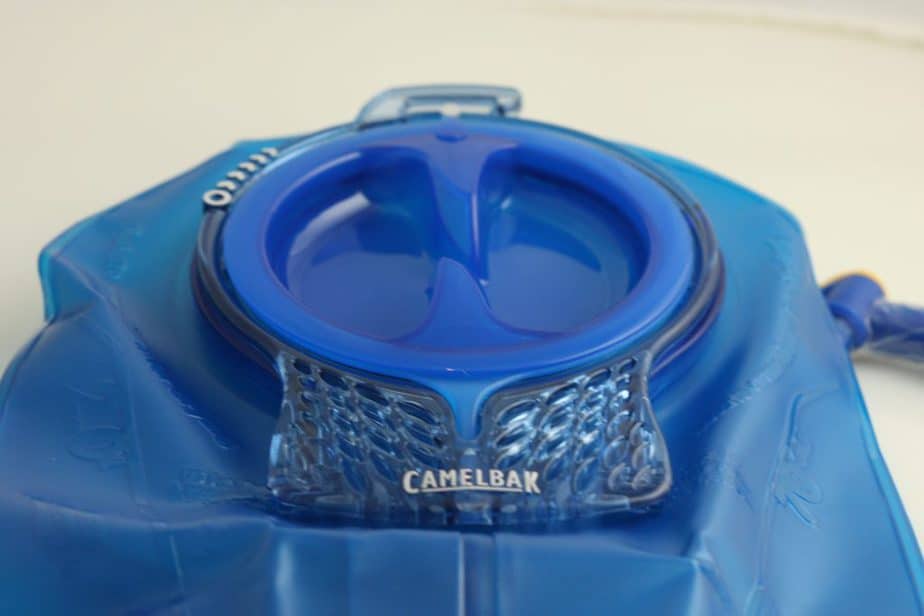
Hydration bladders are great for easy access to water when rucking. They can sometimes get heavy and a perfect alternative for rucking plates as they can get heavy.
5. Sandbag Pill

Imminent Threat Solutions created a home made alternative for weights, Sandbag pills. It’s basically taped up sandbags that are convenient to place in your rucksack and an affordable solution. Here’s their guide on how to create your own sandbag pill. (Link to Imminent Threat Solutions)
Check out our full tutorial on how to make your own sandbag for rucking.
6. Rogue Brick Bags
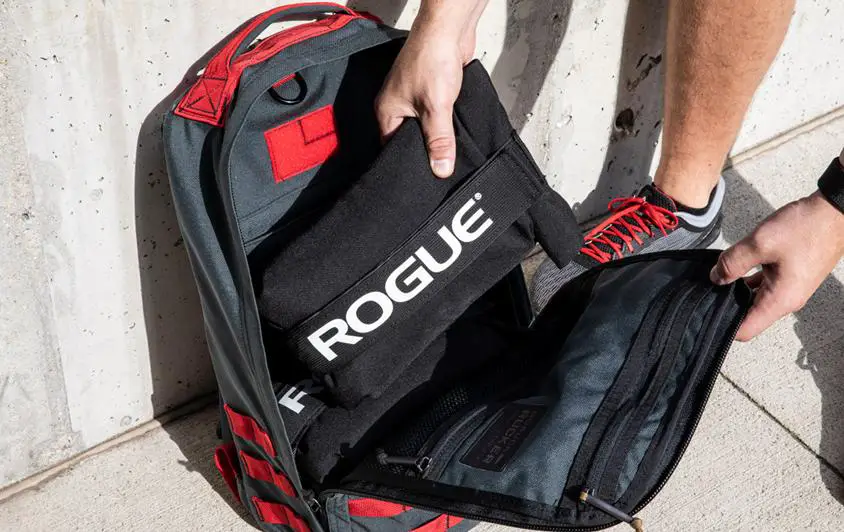
Similar to the sandbag pill, Rogue sells Brick bags (Link to Rogue) that you can use for weights.
7. Bricks

Bricks are easy to find and are heavy. Be sure to wrap it in plastic or cloth though as they might do some damage to your rucksack without some form of protection.
8. Kettle Bells

Do you work out at home? Well might as well use kettle bells as weight in your rucksack.
9. Weight Plates
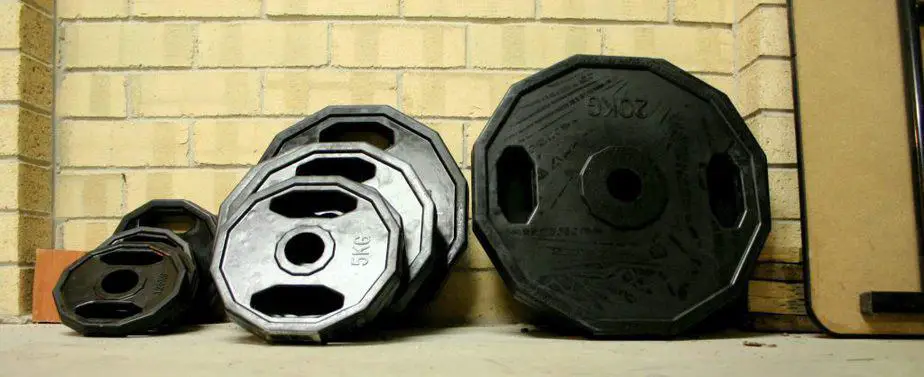
Do you even bench bro? Gym weighted plates are the closest alternatives to ruck plates. You can easily strap them to the back of your rucksack and be on your way.
10. Gym Chains

We went a little extreme here, but if you have some gym chains laying around at home, they can certainly add resistance to your ruck.
11. Homemade Free Weights

THEHOMEAWAY has a complete guide on how to create a homemade version of a dumbbell using a few simple ingredients. Learn more here (link to THEHOMEAWAY).
12. Medicine Balls
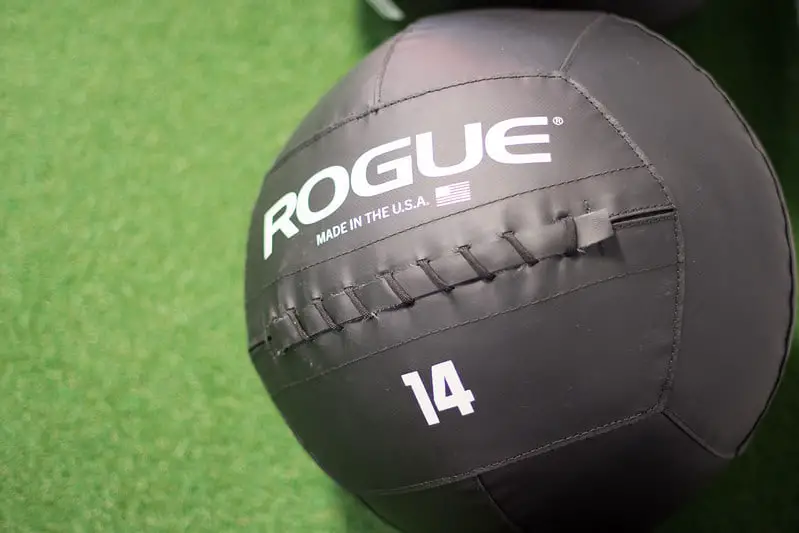
Medicine balls are not thin, but they can be used for weight. Plus, you’ll be able to track the added weight in your rucksack easily.
13. Dog Food

Dog food is annoying to carry from the grocery store, so might as well make more use of it and use it as weight in your rucksack.
Check out our top tips to rucking with your dog!
14. Bag of Rice
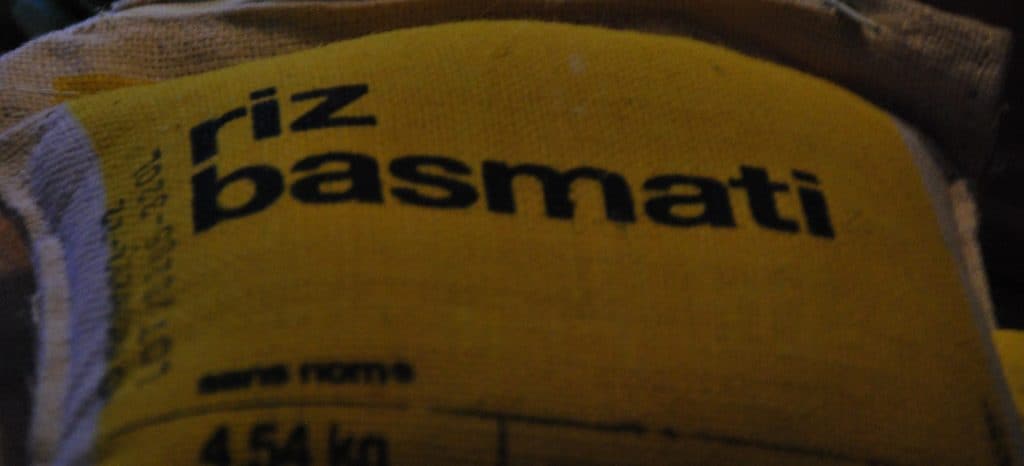
Rice bags can get heavy, especially if buying in bulk!
15. Protein Powder

Do you even gym, bro? Protein powder tubs are great for added weight. If you’re done with your protein, then no worries, fill the tub with rice!
16. Bag of Flour

These bags can get really heavy if you want them to be.
17. Bag of Soil
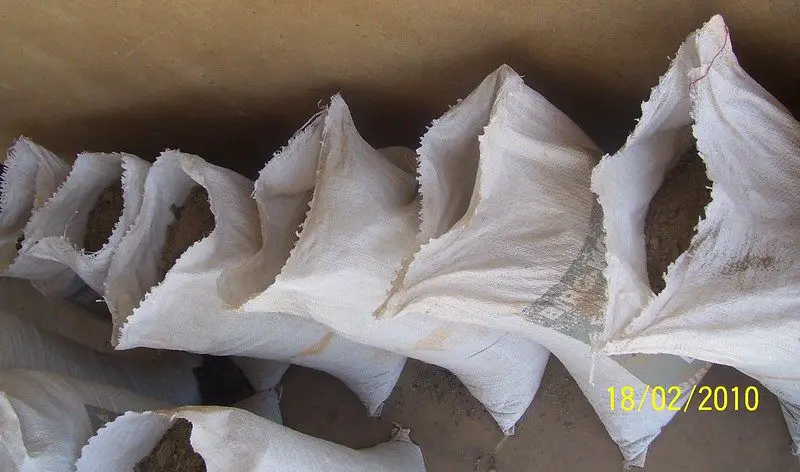
Bags of soil are easy to find and (depending on size) can fit your rucksack without opening the bag.
18. Watermelon

How much of a pain is it to buy a full watermelon and have to unload it from your car to the kitchen? Well, for once it can be a blessing. Cheap and easy to find.
19. Costco Groceries
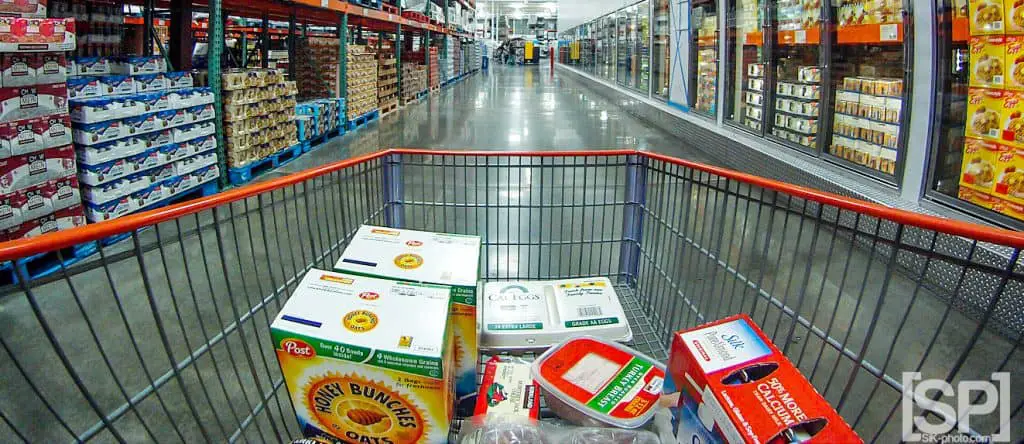
Speaking of groceries (that was an easy segue), everything is large and heavy in Costco.
20. Stack of Papers

Easy to find, whether you work in an office or not.
21. ToolBox
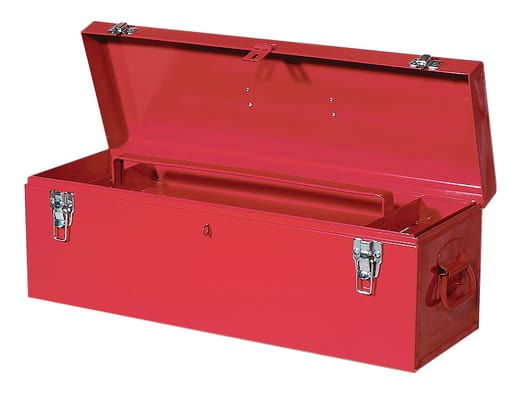
Toolboxes can get heavy, and might just be sitting there in your garage.
22. Laundry Detergent

Who doesnt use laundry detergent (we sure hope you do)? Laundry detergents can get heavy depending on size.
23. Cleaning Supplies

We’ve included this in our list as you may have an entire set of cleaning supplies that you’re not using daily. They’re easy to fit in a rucksack and easily accessible.
24. Wood (or Firewood)
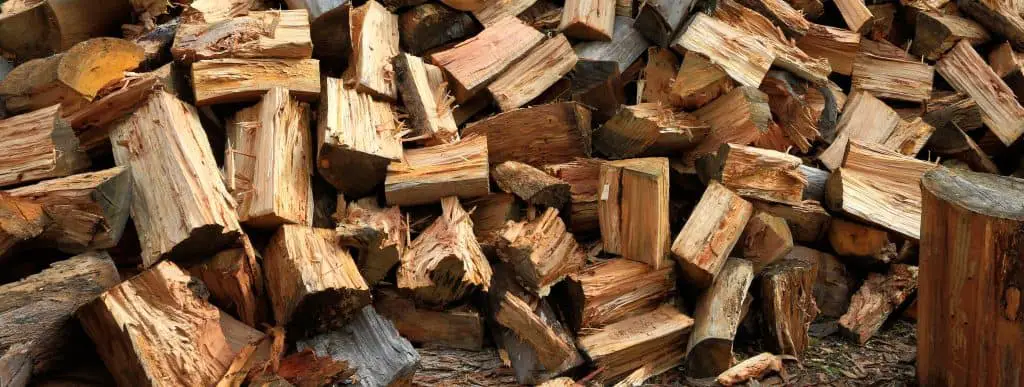
Wood gets heavy and might just be laying around your house, it’s cheap if not free (depending on where you live). Just be sure to wrap it up before putting it in your rucksack.
25. Weighted Vest
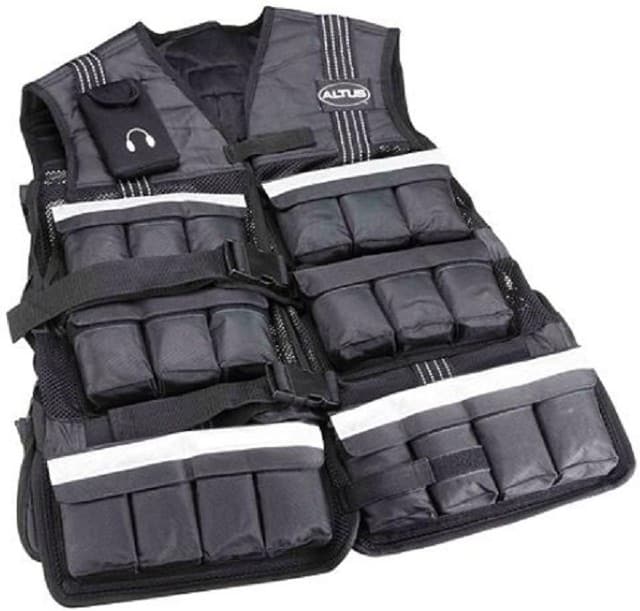
If the capacity of your rucksack is not enough to carry the weight you want, weighted vests are the perfect alternative. They also help you maintain proper posture.
We use the IRUN weighted vest (link to Amazon) since its slick and easy to add weights to. Check out our recent post on weighted vest for rucking to learn more about how it’s a great addition to your rucking journey!
Check out our post on what a ruck march packing list if you’re looking to ruck like soldiers.
Final Thoughts
Remember that when training for a ruck march or just simply working out, it’s important to keep track of the weight you’re carrying in your rucksack. If you’re a beginner, we recommend following a ruck march training program.
Here’s how to track the added weight in your rucksack:
- Stand on a weight scale wearing an empty rucksack
- Record your weight & step off the scale
- Add your preferred amount of weight
- Step back on the scale while wearing the weighted rucksack
- Record again
Repeat this process before every ruck to keep track of your progress. Learn more about how much weight you should carry when rucking.
